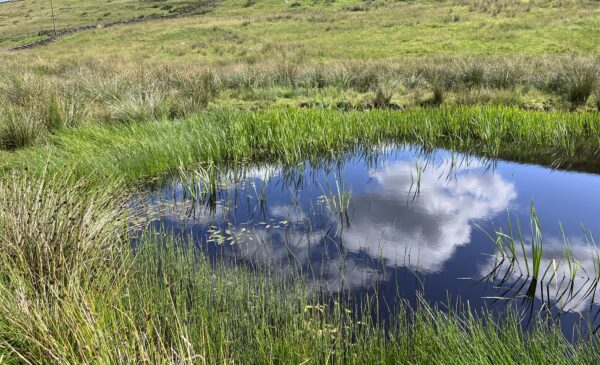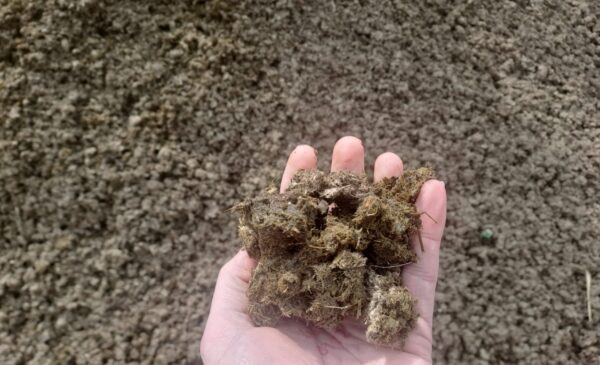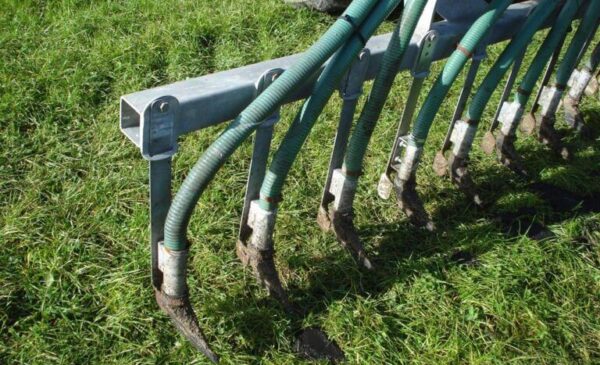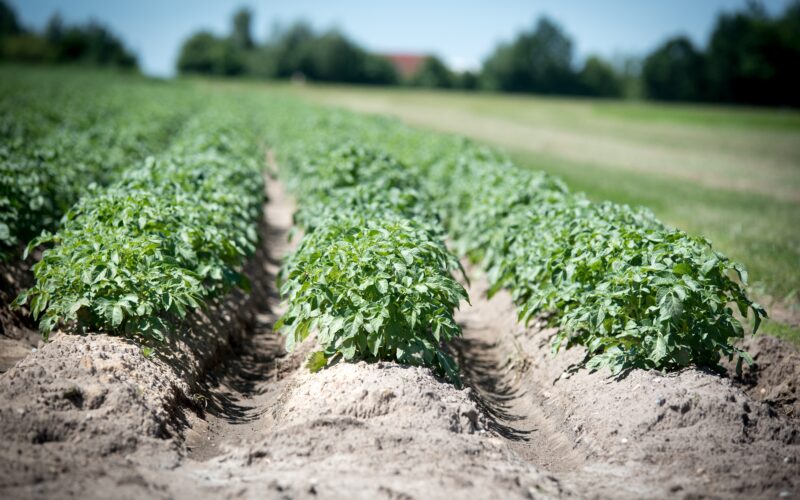SAOS have teamed up with the Scottish Potato Co-operative (SPC) to investigate water resource management. Growers store, abstract, and irrigate to manage this essential resource. All these have a cost: financial, time, and hassle. Irrigation is not a popular job!
We want to think about how irrigation may change in future. And how beneficial, as well as how costly, changes could be. Water scarcity is getting more common. Posing more of a risk to yield and making higher value market spec requirements.
We can see the climate is changing. Weather events are becoming more extreme. Climate models predict hotter drier summers and warmer wetter winters. Past climate trends show Scotland’s East coast has had increasingly drier summers than the rest of the country. Globally, we are neither in an El Nino or La Nina weather system. When we inevitably enter El Nino in the next few years, alongside higher global temperatures, we can expect water scarcity to become a significant challenge.
SPC’s members are concerned about the changing climate, and there is a desire from many to further invest in water resource management equipment. Growers use irrigation sparingly, with many practicing ‘deficit irrigation’ by default.
There are a range of approaches and levels of investment across the membership, but a common theme is the labour challenge. This is a major constraint, influencing both practices and the choice of equipment used by businesses. Even where there is enough labour, the hassle of irrigation can make it a lower priority.
There are opportunities to share information about irrigation costs and information used to make decisions. Getting growers together to share information about their different practices, particularly those that minimise labour requirement and hassle will be helpful. The areas the project is now exploring are:
- Automation and data. Investing in automated pumps and digital platforms that bring together multiple sources of information to inform irrigation decisions. Growers that have invested in this really value it.
- Deficit irrigation. Minimising the amount of water that goes on crops, with the reduced labour and fuel (and time) costs more than compensating for the loss of yield. As well as mitigating the risks of periods of over-irrigation. Many growers practice this by default due to their limited labour and irrigation equipment capacity. Understanding costs, benefits, and risks could inform this approach.
- Irrigation scheduling. Scheduling services can optimise irrigation, returning maximum yield for water volume. But it has a service charge. And for many growers, if they don’t irrigate that season, they don’t see its value. Many growers are irrigating at full capacity at times of peak crop water requirement yet are not maintaining soil moisture levels. If a scheduling service recommended increasing water volume, they wouldn’t have the capacity to do it. Future water scarcity predictions, increased costs, and the increasing uptake of digital and automated equipment make this an interesting topic to explore.
- Costs and benefits. Growers are often more concerned about the opportunity cost of not irrigating than the cost of irrigating. Sharing knowledge of costs, and benchmarking, could help inform growers’ irrigation decisions.
- Soil moisture retention capacity. Potato specialists have suggested that soil management could retain soil moisture. Practices influencing soil structure and soil organic matter could be explored.
We want to explore these areas to find practical and cost-effective approaches that businesses can put in place. As growing conditions change over time, and water becomes a scarce and valuable resource, we want to ensure growers are best placed to use that resource profitably and sustainably.
Related resources

Pond creations on farms
Harry Fisher, Ecological Consultant, SAC Consulting
Everyone loves a win-win, and when it comes to land management that can benefit biodiversity…

Slurry Separators
Craig Bothwell, SAC Consulting
Slurry separators can have many benefits such as improving the utilisation of slurry, increasing your…

A Recap on Ammonia in Agriculture
Freya Lance, SAC Consulting
Unlike carbon dioxide, nitrous oxide and methane, ammonia is not actually a greenhouse gas. So…

